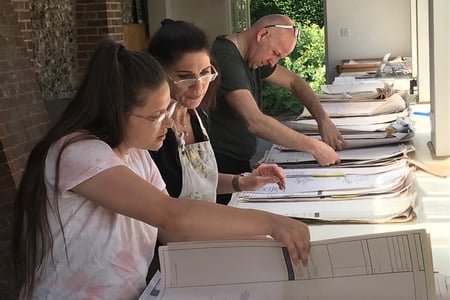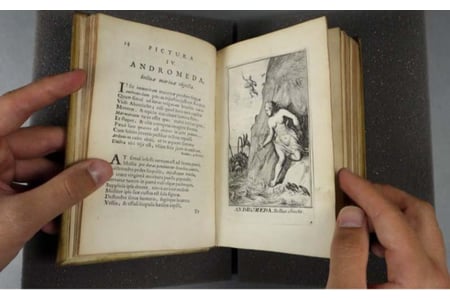By Cécilia Duminuco
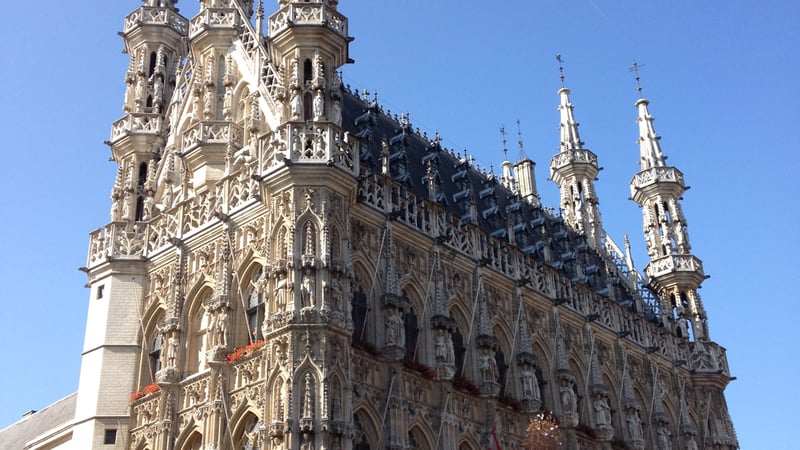
I recently attended a three-day conference in the city of Leuven, in Belgium. The conference, "What do we lose when we lose a library?" was organised by Leuven University, the Goethe-Institut Brüssel and the British Council of Brussels (9-11 September 2015).
The main library of Leuven was bombed during the First World War, and the conference was also a commemoration of this loss. The goal was to raise the sadly recurrent and present topic of destruction of cultural heritage (in this case, books more particularly) and the consequent loss for all protagonists (the nations, people, and whole humanity).
The delicate situation of Timbuktu's library and its manuscripts was also highlighted during this event, and several manuscripts recently conserved in Leuven were presented through an exhibition.
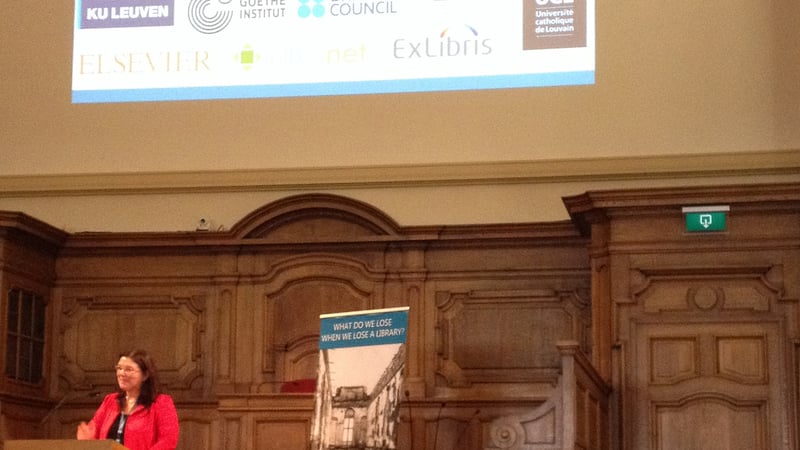
Attendees came from from all around the world, and keynote speakers included Abdel Kader Haidara from the Mamma Haidara Library (Timbuktu, Mali); Michael F. Suarez S.J. from the Rare Book School (University of Virginia, United States); and Father Justin from the Saint Catherine's Monastery (Sinai, Egypt).
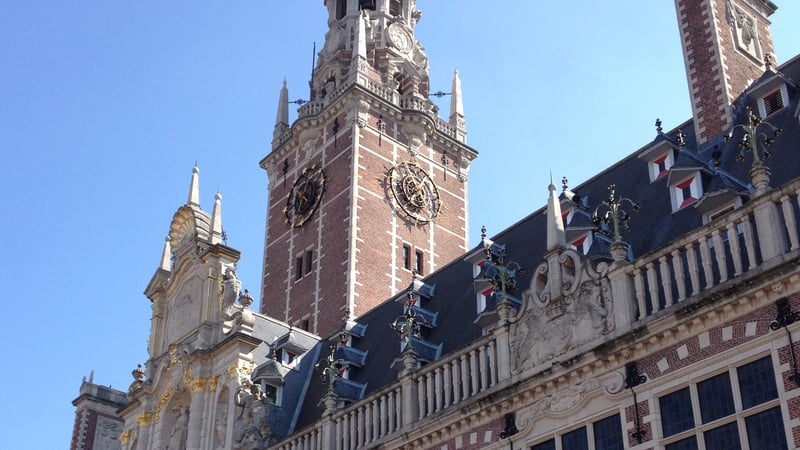
What do we lose, and what can be done to protect and save the remains? Can the digital world assist libraries' collections? How to preserve these digital artefacts?
From the burning of books in Leuven in 1914 to the Leon Levy Dead Sea Scrolls digitisation project, from the imaging of Timbuktu manuscripts to the social role of public libraries during the Croatian War (1991-1995), the conference explored the lessons that could be learned from past horrors.
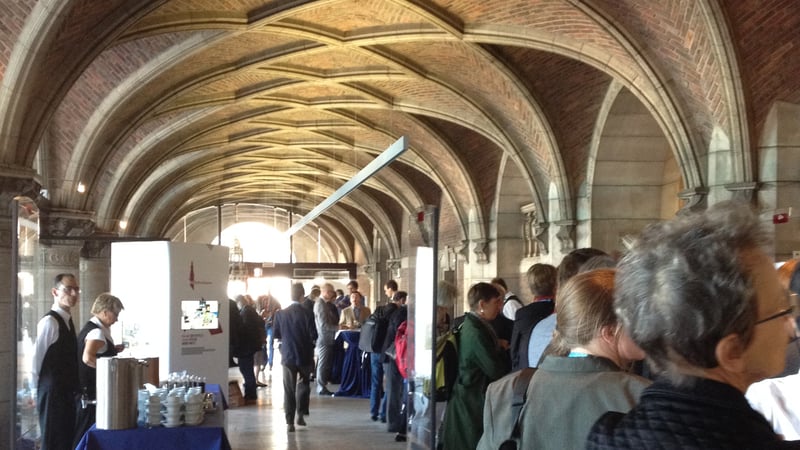
Discussions with scholars, conservators, librarians and archivists opened the attendees' minds to various points of view and allowed the creation of new ideas (for example, the creation of web page archiving systems by institutions), while pointing out current challenges (such as the increase of digital information and their storage).
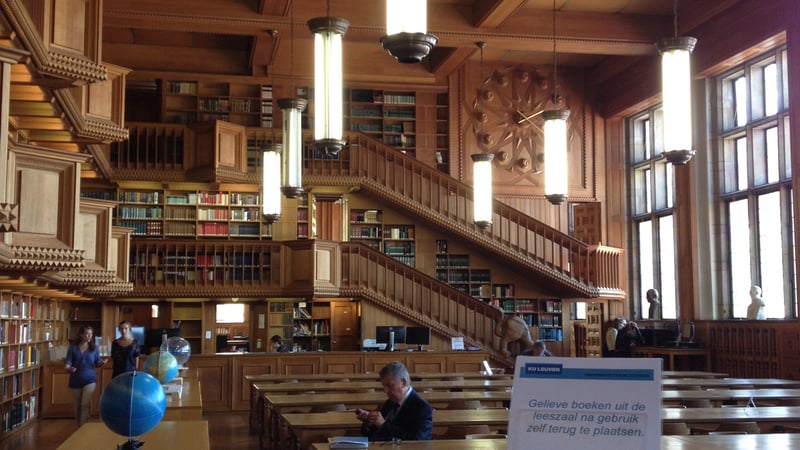
During the conference, I visited the exhibition "Books under fire," retracing the destruction of Leuven University main library in 1914. Archival documents and photos led us through history, from the burning of the 14th century University Hall and its 18th century library to the re-building of the current main library (which was possible thanks to the contribution of more than 300 American institutions).
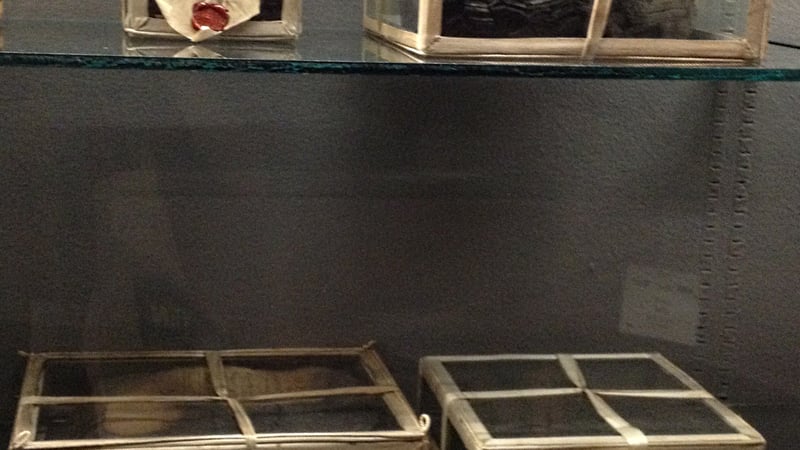
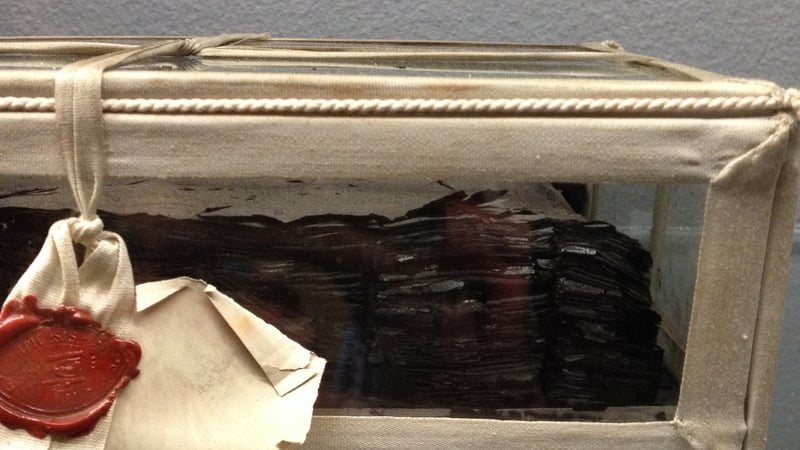
The exhibition also presented manuscripts from Timbuktu. The books were saved thanks to the Malian population who hid them and moved them away from the endangered areas. Conservation of this precious cultural heritage was carried out in Leuven by Professor Lieve Watteeuw, and some of the manuscripts were displayed.
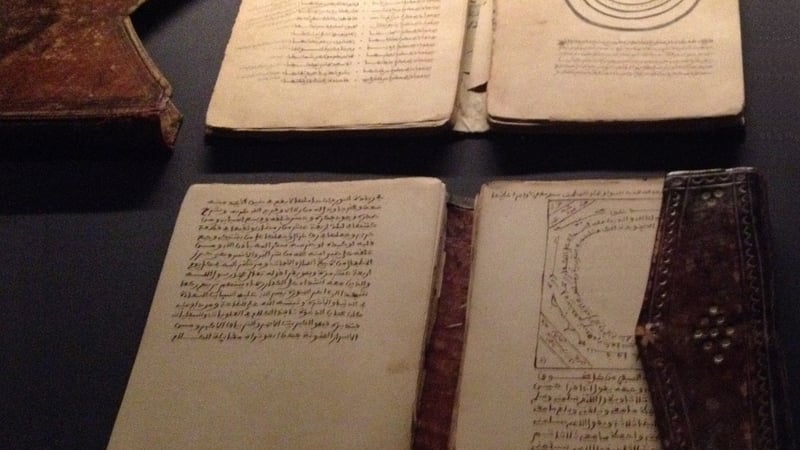
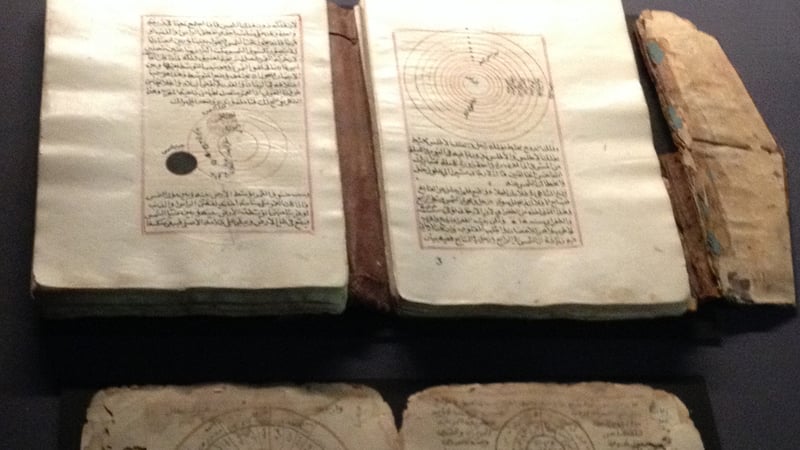
The conference provided me a better awareness of the challenges linked to the conservation of endangered cultural heritage, and was at the same time, a wonderful opportunity to meet other professionals.
